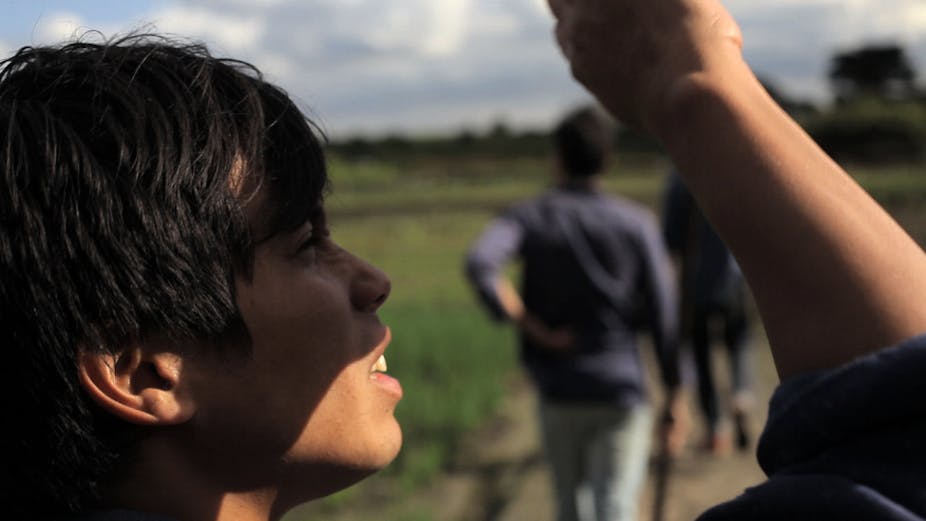New legal amendments passed by the Australian parliament today will make forced marriages a criminal offence and make it easier for victims in slavery, forced labour and forced marriage trials to be compensated through the court process.
Slavery is already illegal in Australia but changes to the criminal code today will offer extra protection to people who are coerced into working against their will, often by way of threats or passport confiscation.
“The bill is historic,” said Associate Professor Jennifer Burn, director of Anti-Slavery Australia, a specialist law and research centre based at the University of Technology, Sydney.
The bill, titled the Crimes Legislation Amendment (Slavery, Slavery-like Conditions and People Trafficking) Act 2012, makes forced marriage a crime punishable by a jail sentence of four to seven years.
“We haven’t had a stand alone offence of forced labour until the bill was passed today,” Professor Burn said.
“The International Labour Organisation says there are 21.9 million people in forced labour situations around the world, mostly in the Asia Pacific but certainly in Australia too.”
Forced labour conditions include people who are compelled to work in brothels, on construction sites and as domestic workers, she said.
Often victims are told they must work until a debt is repaid or that refusal to work could result in harm to their family or deportation.
Victims of forced labour and forced marriages may be eligible for access to support services and the possibility of permanent residency if they can show that returning to their home country may present a risk to their safety, said Professor Burn.
However, victims of forced labour can also include Australian citizens or international students with study visas, she said.
The amendments are welcome addition to the suite of offences in this area, said Julie Debeljak, senior lecturer in the faculty of law at Monash University.
“Given the legal and evidentiary difficulties in securing trafficking convictions, which require movement, deception and exploitation, it is vital that we bolster our laws by introducing and strengthening the composite offences.
"After all, it is the end-point exploitation where the harm really bites,” she said,
Attorney-General Mark Dreyfus said that, previously, forced labour was only criminalised where it was connected to the offence of people trafficking.
“Law enforcement agencies have found increasing numbers of people are being exploited in sectors other than the sex industry where a great deal of trafficking occurs,” Mr Dreyfus said.
Mr Dreyfus said new bill includes a number of changes, including:
establishing new offences of forced marriage and harbouring a victim, and standalone offences of forced labour and organ trafficking
broadening the existing offences of sexual servitude and deceptive recruiting for sexual services to apply to all forms of servitude and deceptive recruiting, regardless of industry
increasing the penalties for existing debt bondage offences

